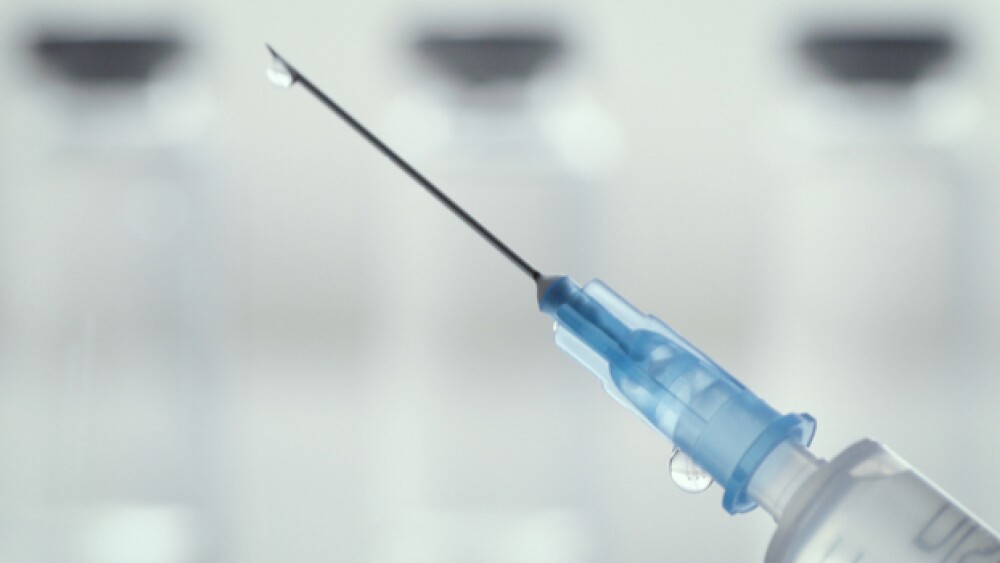Under the terms of the deal, 4D will use its proprietary MicroRx platform with Merck’s expertise in novel vaccine development and commercialization to discover and develop Live Biotherapeutics as vaccines in up to three currently undisclosed indications.
4D Pharma, based in Leeds, UK, is partnering with U.S.-based Merck to develop Live Biotherapeutics vaccines. Outside the U.S., Merck & Co. is known as MSD.
4D Pharma focuses on the microbiome, the trillions of microorganisms that live in the human body. Live Biotherapeutics are a new class of medicines made up of strains of gut long-term bacteria originally isolated from healthy human donors. They are then encapsulated and administered orally, where they are selectively delivered to the gut where they can interact with the patient to exert therapeutic effects.
Under the terms of the deal, 4D will use its proprietary MicroRx platform with Merck’s expertise in novel vaccine development and commercialization to discover and develop Live Biotherapeutics (LBPs) as vaccines in up to three currently undisclosed indications. Merck, under specific conditions, will acquire $5 million in 4D shares in the first year of the collaboration.
There is an undisclosed upfront cash payment. In addition, 4D is eligible for up to $347.5 million for each indication for various milestones, as well as tiered royalties on annual net sales of any product that comes out of the collaboration. Merck will cover development, manufacturing and commercialization.
“This research collaboration agreement brings together 4D’s innovation in the microbiome space and [Merck’s] track record of developing cutting-edge vaccines,” said Duncan Peyton, 4D’s chief executive officer. “[Merck] and 4D have worked closely combining world leading science to develop a workplan to advance the understanding of this field, with the aim of generating a new class of vaccines in areas of high unmet need.”
4D currently has four clinical trials in progress: a Phase II study of Blautix in Irritable Bowel Syndrome; a Phase I/II trial of MRx0518 in combination with Merck’s Keytruda (pembrolizumab) in solid tumors; a Phase I trial of MRx0518 in a neoadjuvant setting for solid tumors; and a Phase I/II study of MRx-4DP0004 in asthma.
The company also has programs in other areas, including central nervous system (CNS) disorders.
On the vaccine front, Merck announced on September 17 that the U.S. Food and Drug Administration (FDA) had accepted its Biologics License Application (BLA) for the company’s Ebola vaccine (V920). It has a target action date of March 14, 2020. It has been granted Priority Review status and in July 2016, received the FDA’s Breakthrough Therapy Designation.
In addition, Merck launched an updated replenishment strategy to increase the V920 Ebola vaccine supply in consultation with the U.S. Department of Health and Human Services, WHO and Gavi (the Vaccine Alliance). The strategy has a production target of another 650,000 1.0mL investigational doses to be released and become available over the next six to eighteen months, bringing total producing to more than 900,000 1.0mL doses.
Of the deal with 4D, Daria Hazuda, chief scientific officer of Merck’s Exploratory Science Center and vice president of Infectious Diseases and Vaccines Discovery Research, said, “A key element of our focus in the Exploratory Science Center is the evaluation of emerging new areas of biology that have the potential to offer major beneficial impact to human health. By applying 4D’s MicroRx technology we hope to gain meaningful insights into the role for the host microbiome in modulating the immune response and ultimately protection conferred by vaccines.”





